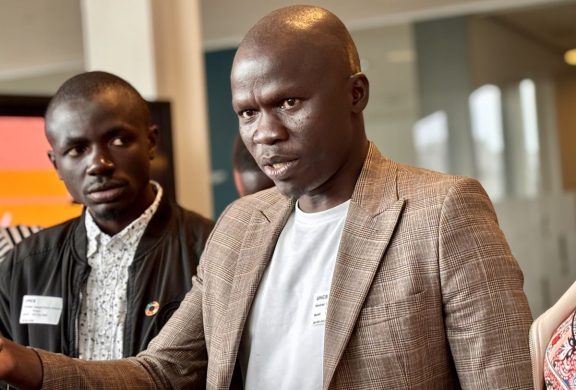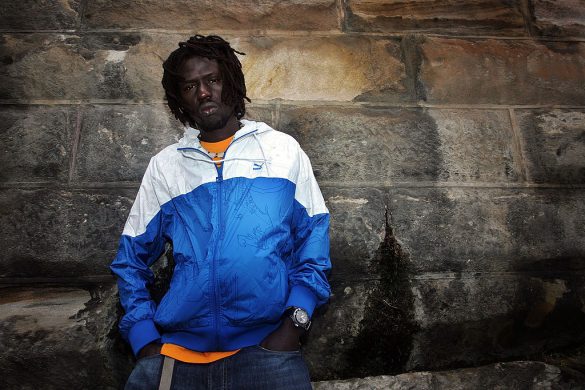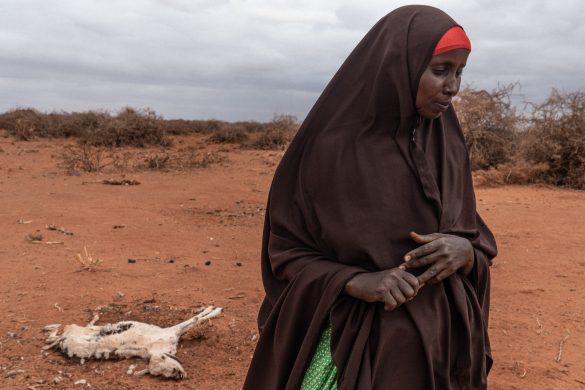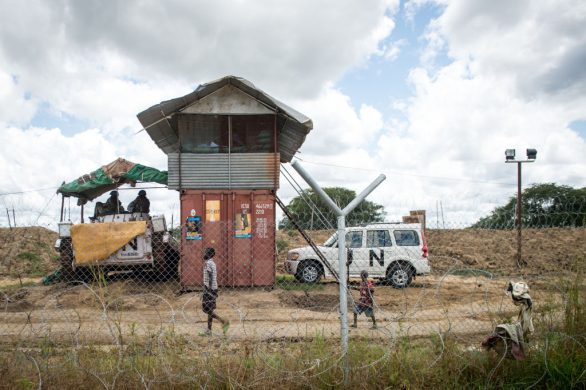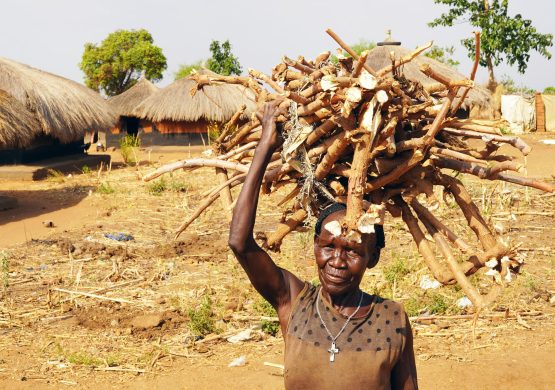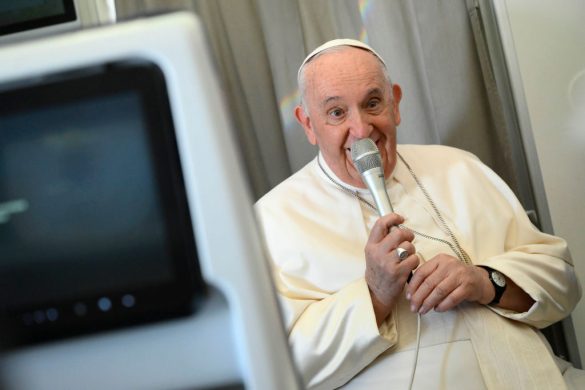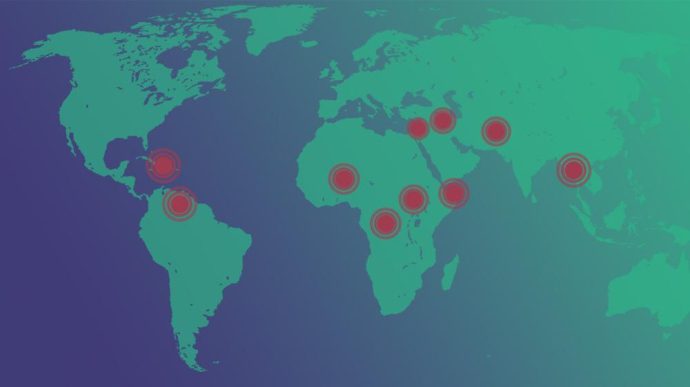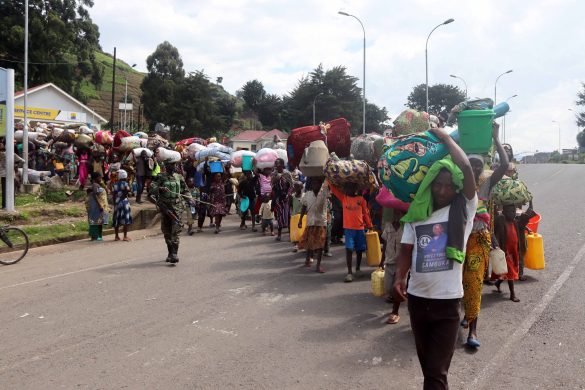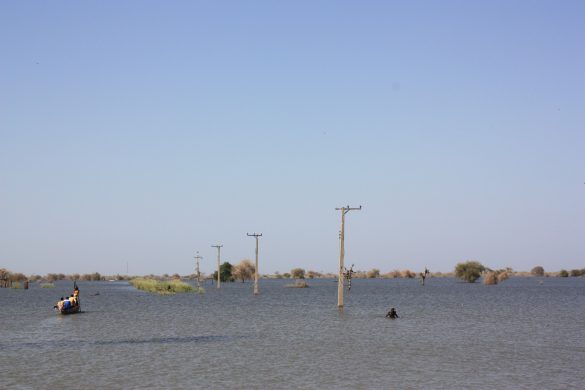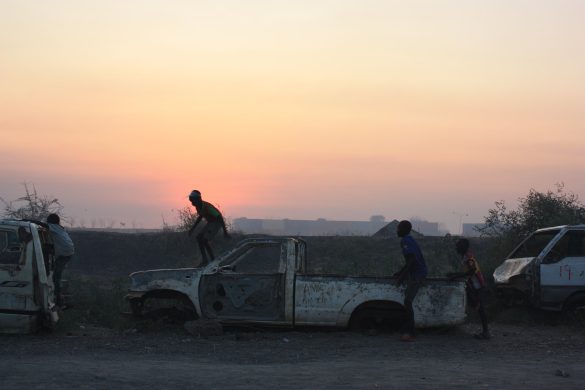JUBA, 18 August 2015 (IRC): Delaying peace may have serious consequences for South Sudanese civilians who are enduring their 20th month of a brutal civil war, aid agencies Oxfam, CARE and International Rescue Committee (IRC) warned today.
Læs også: Præsidenten vil ikke underskrive fredsaftale i Sydsudan (18.08.2015)
The people of South Sudan need and deserve an immediate cessation of hostilities and lasting peace for any hope of sustainable development for the country.
Rama Anthony, acting Country Director for Oxfam in South Sudan said:
“With 4.6 million people estimated to be severely hungry, civilians have been the worst affected by the delay to find an agreement. There needs to be an urgent agreement that ends the cycle of violence for the South Sudanese, who have been forced to endure terrible suffering for 20 months. Many families can no longer afford basic items such as food and clean water. Consequently, malnutrition has become severe and dirty drinking water has exposed people to deadly diseases such as cholera.
“The ever worsening conflict is making it difficult for people to reach life saving assistance because they are forced to hide for their own safety.
“Despite massive needs, the UN appeal for South Sudan is only half funded, and humanitarians are struggling to provide much needed assistance,” Mr. Anthony said.
Simon Chol Mialith, CARE South Sudan’s Conflict Mitigation and Peace Building Advisor said:
“This conflict has brought unimaginable destruction to the people of South Sudan. Without peace, there will only be more fighting, more death, and more displacement. As a nation we are only four years old. I can only pray we will make it to five.”
Women and girls have been some of the worst affected by the conflict in South Sudan. The continued failure to reach a peace deal means that women and girls will face further threats, including gender based violence. With increased trauma and further disruption to their lives, the disadvantages they already face are being seriously exacerbated.
Ronald-Paul Veilleux, Country Director for IRC in South Sudan said:
“Women and girls are the backbone of society in South Sudan. A determined attempt at resolving the conflict is an investment in their future and the future of the nation.”
CARE, IRC and Oxfam strongly urge that:
- Most urgently, any peace agreement must give priority to the needs of the civilian population, including a halt to hostilities and steps towards a sustainable political solution to the conflict
- Donors need to continue to commit funding for the humanitarian assistance that is urgently required to avert the worst impact of ongoing fighting and the ever-worsening economic crisis.
- Donors should maintain longer-term, people-to-people support to protect hard-won gains, and to ensure that civilians in less conflict-affected areas can access basic services and avoid slipping into a deeper humanitarian crisis.
- Donors and diplomatic actors should support reconciliation initiatives at every level of society in South Sudan including support for a grassroots approach for an inclusive peace process.
- International and regional diplomatic actors should use all their influence to pressure the parties to ensure the protection of civilians, guarantee humanitarian access, and find a political solution to the conflict.
Background
- Over 2 million people have been forced from their homes, 4.6 million are severely hungry and thousands of South Sudanese subject to violence.
- The crisis is worsened by the periodic obstruction of aid due to conflict and the prevention of vital delivery routes such as the recent suspension of food aid barges on the Nile River, halting aid to hundreds of thousands of South Sudanese living in the most conflict affected regions.
- Almost 200,000 people have fled their homes for refuge in UN Protection of Civilian sites (PoCs), with more people flooding the sites daily.
- An additional 1.4 million have been forced from their homes and are living outside the PoCs. Many are not able to access necessary aid and essential services.
- Over 746,000 South Sudanese are living in refugee camps in Ethiopia, Sudan, Kenya and Uganda – the vast majority of these individuals have fled since the start of fighting in December 2013.
- 4.6 million South Sudanese – 41% of the total population – are estimated to be severely food insecure according to the most recent Integrated Phase Classification report (IPC) on the food security situation.




